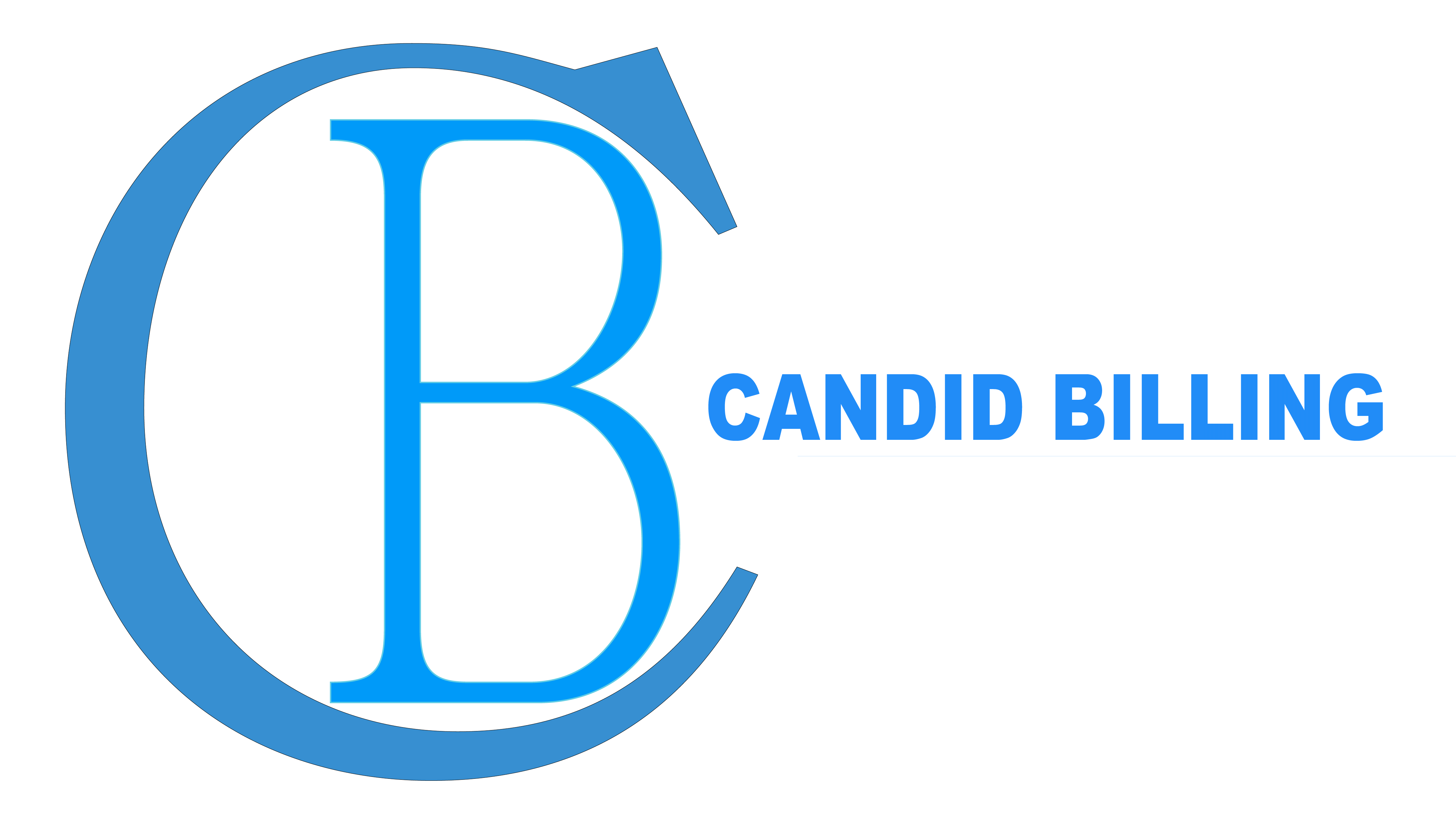
Efficient medical billing is essential for healthcare providers aiming to maintain financial stability and improve patient satisfaction. In 2024, providers face an increasingly complex billing landscape with new regulations, higher patient financial responsibility, and a need for faster revenue cycle processes. By investing in streamlined medical billing solutions, healthcare providers can enhance their revenue collection, reduce errors, and improve the patient experience.
The Role of Billing Systems in Healthcare Providers’ Revenue Cycle
Medical billing solutions are not just administrative tasks—they’re a critical part of healthcare revenue cycle management. Healthcare providers are now dealing with various challenges, from coding complexities to a surge in patient financial responsibility. A streamlined medical billing solution helps providers:
- Minimize claim denials
- Ensure faster reimbursements
- Improve patient satisfaction through transparent billing
These factors make streamlined medical billing solutions crucial for financial health and operational efficiency.
The Complexity of Medical Billing in 2024
Billing in healthcare involves more than simple invoicing. It requires understanding medical codes, compliance with HIPAA regulations, and managing communication with insurance companies. In 2024, the need for detailed data collection and integration with electronic health records (EHR) has grown, demanding more sophisticated billing solutions. Errors or delays in billing can lead to significant revenue loss, especially in smaller practices with limited administrative resources.
Candid Billing, also known as Candid Health, is one of the companies meeting these needs by offering specialized solutions that address common pain points in the healthcare billing process. By outsourcing to a provider like Candid Billing, healthcare providers can focus on patient care while ensuring reliable billing operations.
Key Features of Effective Medical Billing Systems
1. Comprehensive Revenue Cycle Management
Effective billing systems cover the entire revenue cycle, from patient registration to final reimbursement. This includes insurance verification, claims management, and payment posting. By managing every step, these systems help healthcare providers reduce the time and resources spent on billing tasks.
2. Automation for Increased Accuracy
Automation in medical billing systems has become a game-changer. Automated solutions reduce human errors and improve coding accuracy, ensuring that claims are submitted correctly the first time. Additionally, automated billing software integrates with EHR systems, making data exchange seamless and eliminating duplication. Automated billing also helps reduce the time to collect payments, benefiting healthcare providers financially.
3. HIPAA-Compliant Processes for Data Security
Protecting patient data is a top priority, and HIPAA compliance is mandatory in all billing processes. Streamlined billing solutions ensure that sensitive data is handled securely, minimizing the risk of breaches. Compliance with HIPAA and other regulations enhances trust among patients and insurers.
4. Transparent Patient Billing and Communication
Patients are increasingly responsible for a larger portion of healthcare costs, making transparent billing practices crucial. Effective billing systems provide patients with clear invoices and multiple payment options, improving patient satisfaction. Transparency in billing also reduces misunderstandings and builds trust between healthcare providers and patients.
Candid Billing’s streamlined billing solutions offer transparent invoicing and patient support, which help patients understand their bills and make timely payments, reducing outstanding balances and enhancing cash flow for healthcare providers.
5. Advanced Analytics for Better Decision-Making
Advanced analytics allow healthcare providers to track billing performance and identify patterns that could indicate issues, such as a high rate of claim denials. Analytics provide valuable insights into areas for improvement, helping providers optimize their billing processes over time.
The Benefits of Outsourcing Billing
Outsourcing medical billing has become an increasingly popular choice for healthcare providers, particularly smaller practices. By partnering with an experienced provider like Candid Billing, providers can benefit from:
- Reduced Administrative Burden: Outsourcing reduces the need for in-house billing staff, freeing up time and resources for patient care.
- Cost Savings: Hiring an entire billing team can be costly. Outsourcing allows healthcare providers to access specialized expertise without the overhead costs of additional employees.
- Access to Expertise: Billing specialists stay updated on the latest regulations and trends, ensuring that providers remain compliant and optimize their billing processes.
The Future of Medical Billing
In 2024, medical billing will continue to evolve. The shift toward value-based care, which emphasizes outcomes over procedures, will require billing systems to track not just services but the effectiveness of those services. Additionally, as healthcare providers adopt more patient-centered approaches, medical billing systems will need to offer a more patient-friendly experience.
Trends Shaping Medical Billing in 2024
- Increased Use of E-billing and E-payment Solutions: More providers are embracing electronic billing and payment systems to make payments more convenient for patients.
- AI and Machine Learning Integration: AI can analyze patterns in claim denials and other billing data to help providers optimize billing processes.
- Patient-Centric Billing Models: Billing practices are becoming more transparent, focusing on making billing less stressful for patients.
Conclusion
Efficient medical billing is essential for the financial health and sustainability of healthcare providers. By adopting streamlined medical billing systems like those offered by Candid Billing, providers can focus on patient care while ensuring that their revenue cycles are optimized. Outsourcing medical billing also provides significant benefits, allowing practices to reduce costs, increase accuracy, and stay compliant with evolving regulations. In 2024 and beyond, medical billing systems that prioritize efficiency, transparency, and patient satisfaction will be key to success.

